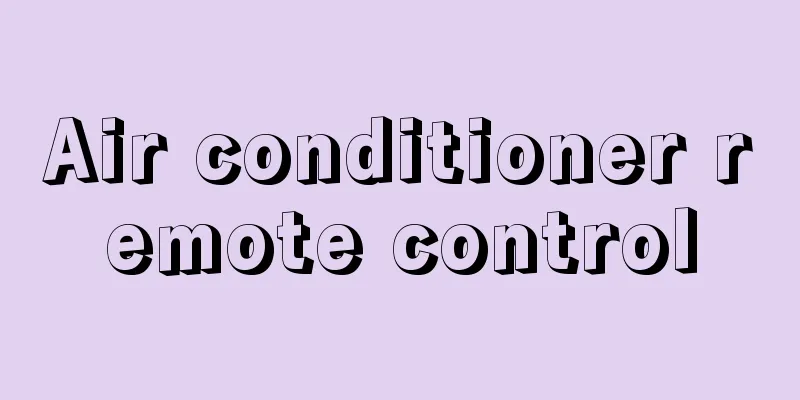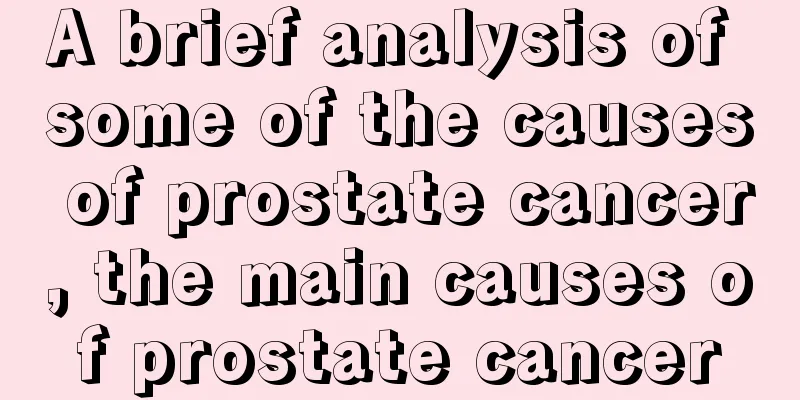Can't the fasting and water-free period during surgery exceed eight hours?

|
Gastric polyps will slow down the progression of gastric mucosa and lead to chronic diseases of the gastric mucosa. Patients with gastric polyps have to undergo surgical treatment, but patients who have just undergone surgery need to eat for 6-8 hours and wait until the gas in the intestines is discharged before they can eat normally, because only in this way can they ensure that the food eaten can be completely consumed. If it cannot be consumed, it will flow to other parts of the body, which will cause the patient to suffer secondary pain. Gastric polyps refer to localized benign raised lesions of the gastric mucosa, which generally have no clinical manifestations. Some patients may experience upper abdominal discomfort, dull pain, heartburn, acid reflux, nausea, loss of appetite, chronic diarrhea, etc. The pathological types of gastric polyps include inflammatory polyps, hyperplastic polyps and adenomatous polyps. Adenomatous polyps have a higher rate of canceration, so when polyps are discovered clinically, a biopsy is first performed to determine the type of polyp. If it is an adenomatous polyp, endoscopic removal of the polyp is often recommended for treatment. So what should you pay attention to in your diet after polypectomy? The dietary precautions after gastric polyp surgery are : 1. Fasting : Fast for 6-8 hours after surgery, or longer, depending on the size of the polyp and the size of the wound. Then eat liquid food first, and then transition to semi-liquid food, soft food, and normal food. 2. Liquid food : If the patient has no discomfort, liquid food can be given the next day, 50~100ml each time, once every 2 hours. 3. On the third day, full liquid or semi-liquid food can be given. The dietary principle is non-irritating food, small meals, 100~200ml each time, 6-7 meals a day. Foods should be neither too sweet nor too sour, such as egg soup, vegetable soup, lotus root powder, millet soup, etc. 4. If there are no complaints of discomfort after 3 days, you can eat low-fat semi-liquid food, such as porridge, noodles, wontons, etc. 5. After discharge from the hospital, you can eat soft food and a combination of main and side dishes. Avoid eating raw, cold, irritating, fried, spicy, or gas-inducing foods. Don't eat too much greasy food. Don't smoke or drink. You can transition to a normal diet after a week, but be careful not to eat rough foods, high-fat foods, or pickled, cured, or fried foods. The principle is low residue, soft and easy to digest; do not be too hungry or too full. Eat small meals frequently and chew slowly. |
<<: Do you also need to follow these principles when taking antiviral medication for hepatitis C
>>: How long does it take to fast during general anesthesia surgery
Recommend
Effects of applying fried ginger powder to the soles of feet
Ginger is a food that is very good for the human ...
What to do if the tattoo is broken
Tattooing has become a very popular way of doing ...
There are four ways to make your own hair mask
Frizzy, static electricity, and oily hair are mos...
Can I eat apples before meals?
Some people eat an apple first thing in the morni...
How to remove oil stains from clothes
How to remove oil stains from clothes? We often g...
Why is hair so oily
Sometimes we feel that our hair is very oily. We ...
What to do if you are sure your baby has swallowed a foreign object
Babies are naughty but do not have the ability to...
What is the drug TAM for breast cancer
Breast cancer TAM generally refers to tamoxifen c...
How to whiten teeth with baking soda
Have you ever heard of baking soda for whitening ...
Can hyperthyroidism be cured
55 Can hyperthyroidism be cured? Hyperthyroidism ...
Which hospital specializing in teratoma is the best
Which teratoma specialist hospital is the best? A...
How to use the Double Happiness electric baking pan
The electric baking pan is loved by everyone for ...
Which side is better to sleep on if you have a bad stomach?
The stomach is an important organ in the human bo...
What causes red eyes after drinking?
During festivals, some people like to drink a lit...
The difference between ice wine and wine
Ice wine is very suitable for making desserts. Ic...









